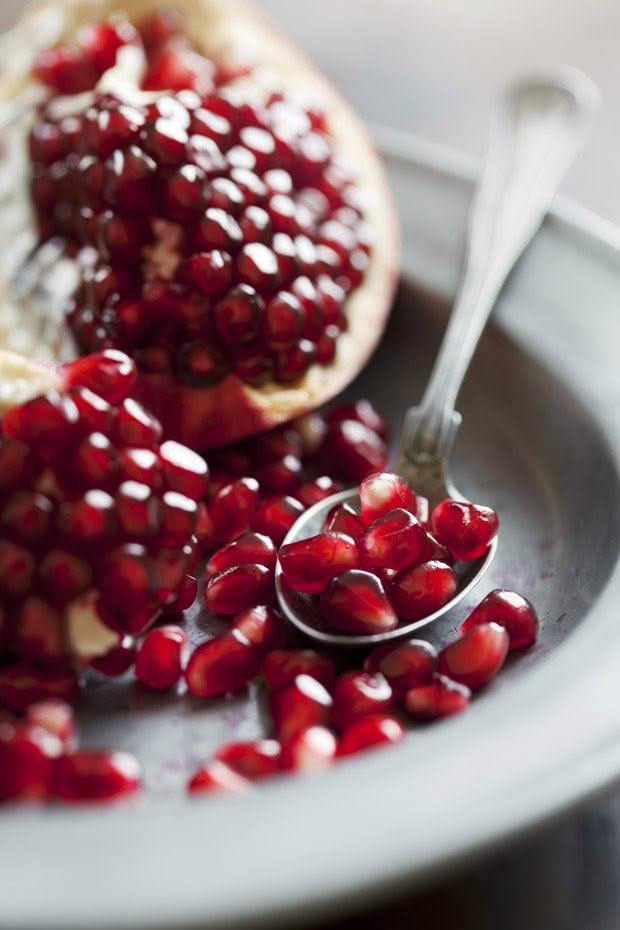How to germinate and grow pomegranate from seed

Pomegranates can be grown from seed, but you need to be patient.
Words: Jane Wrigglesworth
Pomegranate plants grown from seed can be variable – you may not get the same result as the ‘mother’ fruit. But if you don’t have access to a tree, it’s worth trying it. The tree needs a long, hot, dry summer for the fruit to ripen. They’ll still develop in humid areas, providing the season is long, but they may crack, although this won’t affect the flavour. You’ll get your first fruits after 2-3 years, but trees don’t start high production until about Year 5.
How to germinate & grow pomegranate from seeds
1. Remove the white seed from the rosy flesh that surrounds it – you can eat the flesh or rub it off using a paper towel. Clean the seeds with water and dry.
2. Place a paper towel on a flat surface, fold it in half, then spray with water until the towel is damp.
3. Place the seeds in the middle of the sheet (about 6 seeds per sheet). Fold one of the longer sides over so that the paper is covering the seeds, then fold the opposite side over. Fold up the remaining two sides into the centre to form a square shape.
4. Spray with water, then turn the whole lot over and spray the other side. The paper should be fairly wet, but not too wet that it falls apart when you pick it up.
5. Label a plastic bag with the plant’s name and date, place the paper pocket into the bag, blow some air into the bag, then tie it securely (or knot the top of the bag).
6. Leave in a warm spot, out of direct sunlight, for 10 days or so, until the seeds sprout.
7. The sprouts are ready to plant out into pots when they’re about 1cm long. Fill small pots with seed raising mix. Use a toothpick to poke a hole in the mix, then insert the cutting, sprout-end first. Water the soil with a seedling watering can (fine drops). Don’t let the soil dry out, but it shouldn’t be soggy either. Keep the pots in a warm, bright spot but out of direct sunlight.
8. Plants take about six weeks to reach 10cm high. Repot, and keep them in good light and reasonable warmth over winter. They won’t grow much during winter; keep the soil lightly moist (but not soggy). In spring, pinch out the new shoots to encourage branching and bushy growth, and plant in a warm, sheltered place.
Jane’s tip: If you have access to a pomegranate tree, you can propagate cuttings in winter. The advantage is you’ll get an exact copy of the mother plant, so you’ll know the fruit will be of the same quality. It will also be quicker to bear fruit.
Love this story? Subscribe now!
 This article first appeared in NZ Lifestyle Block Magazine.
This article first appeared in NZ Lifestyle Block Magazine.
